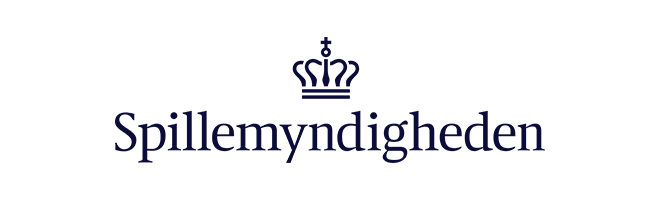What Can Ukraine Learn from Denmark's Online Casino Market?

Back in 2012, Denmark went from a gambling monopoly, run by state owned Danske Spil, to an open market driven regulatory structure, seeking out and licensing foreign operators to do business with Danes under the approval and control of the Danish government.
Prior to this, Danske Spil were the only license holders in the country, but what this boiled down to was that many players chose to play elsewhere, and monopolies like this just aren't very effective in the online world. Wanting to cash in on more of the domestic market, government officials sought to bring in more companies into the fold, and started issuing licenses to them.
It is not anywhere near as simple as just telling people they ought not to play at sites not regulated by your government, or to even tell them they aren't to gamble online at all for that matter, and expecting them to just comply.
Governments can and have forced internet service providers to block certain sites, but players easily find workarounds to this. So if you want them to gamble on your licensed online casinos, you better give them a good enough reason to choose them.
Denmark's Online Casino Market Continues To Grow
Taxation of online gambling does represent a potential burden, but to see what effect this has on the market, there's two main things to look at, market share and revenue growth. Regulated online gambling will always capture a certain segment of the market, and particularly so because there is a knowledge gap with a lot of potential online players.
Denmark though boasts a very impressive market share of Danish players, for instance they are said to have over 90% of the online casino market there. That's simply fabulous and the success they have had with their online gambling regulation is the envy of many countries.
More and more players are coming onboard with each passing year, and revenues continue to climb, which may be even more impressive. This trend continues on, and between 2015 and 2016, we have seen an overall increase from 3307 to 3339 M DDK, with gains across all the major gaming categories.
The Future of Online Gambling in Denmark
There isn't any good reason to expect that this trend won't continue. Denmark's strategy in managing all of this has been superior, but in the end, it's the people who decide, and they have voted clearly and consistently in favor of Danish regulated sites over the competition.
People have been gambling since early in our history, and with the coming of the current technologies, now allowing people to gamble online any time they want, as much as they want, and even from wherever they want to with mobile gambling, we have now reached the pinnacle of efficiency.
None of this success has been by accident. The Danish government has not made the mistake of assuming too much or resting on their laurels, as they have demonstrated both a good understanding of what it takes to succeed in this new era of gambling regulation, as well as a commitment to continue to seek to improve it.
What Ukraine can Learn from Denmark?
The idea is to implement regulation which players find very attractive, and provide a safe environment for the players. There are many instances of regulation getting botched to various degrees by governments, but the Danes have shown the world that it can indeed be done right.
The main benefit for the state is taxation. It is no accident that most online casino sites are located in the most tax friendly jurisdictions in the world, and while the level of comfort players may have in playing at domestically licensed sites is worth something to them, you can overdo this and tax too heavily, as some countries have done.
Denmark's strategy here as been a more modest one compared to some other countries, and they haven't been too greedy here. A pragmatic approach is required to be successful in this arena, and that well describes Denmark's handling of this.
